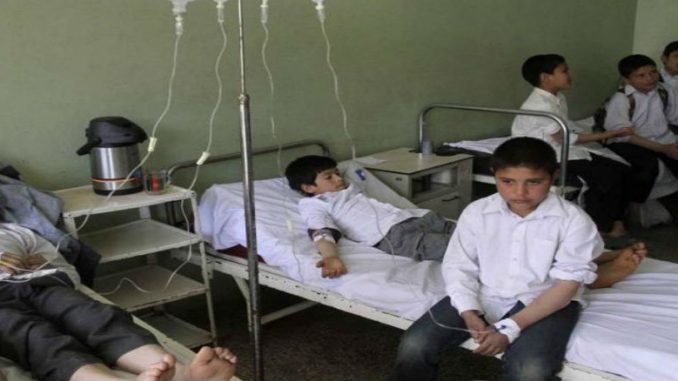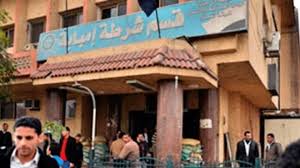
Health officials said that at least 435 students fell ill of suspected food poisoning in public schools across Egypt in the past two days after consuming government-issued school meals, according to Associated Press.
312 students in schools in Cairo, Suez and Aswan were hospitalized with symptoms of food poisoning, according to an announcement by Egypt’s Health Ministry.
The Ministry also stated that earlier this month, a succession of mass food poisoning incidents started, caused by the school meals which are produced by a military-owned company.
Last week, some 2,200 students were treated for the same symptoms in the southern province of Sohag.
The manager of Beni Suef’s central hospital, Mohamed el-Gebaly, said that 25 students from the province south of Cairo are in stable condition and being treated for vomiting and stomach pain, as reported by AP.
On Wednesday, ministry official based in the Nile Delta, Hanaa Sorour, said that another 98 students who showed symptoms of food poisoning in the Delta province of Menoufiya after consuming their school-issued snacks on Tuesday were treated and released from the hospital.
Samar, a housekeeper from Cairo, said that she has been collecting the food given to her children, age 6 and 10, in school every day and throwing it away.
She said,”I make sure to remind my children every day not to eat the snacks that they’re given in school. They give them a suspicious-looking piece of cheese with a label that we’ve never seen before.”
It is worth to mention that the packet of the snacks provided by the ministry as part of a project launched to enhance the students’ nutrition, carries the logo of the military-owned Al-Nasr for Services and Maintenance (Queen Service) and the phrase “long live Egypt,” a slogan which was popularized by Abdel-Fattah al-Sisi and became a trademark for the military.
Prior to the start of the current academic year the Education Ministry had contracted the military’s production arm, the National Services Projects Organization (NSPO), to provide the meals, according to local media.
The NSPO, which encompasses companies producing goods that range from bottled water to construction material, is part of the military’s growing economic empire.
Since the military coup in 2013 led by Abdel Fattah al-Sisi against Egypt’s first democratically elected president Mohamed Morsi, the military started to expand its economic empire.
It has widened its economic activity, including producing cement, supplying medical items to hospitals, as well as running the government’s smart-card system for the distribution of subsidized goods, establishing fish farms and manufacturing water meters.



